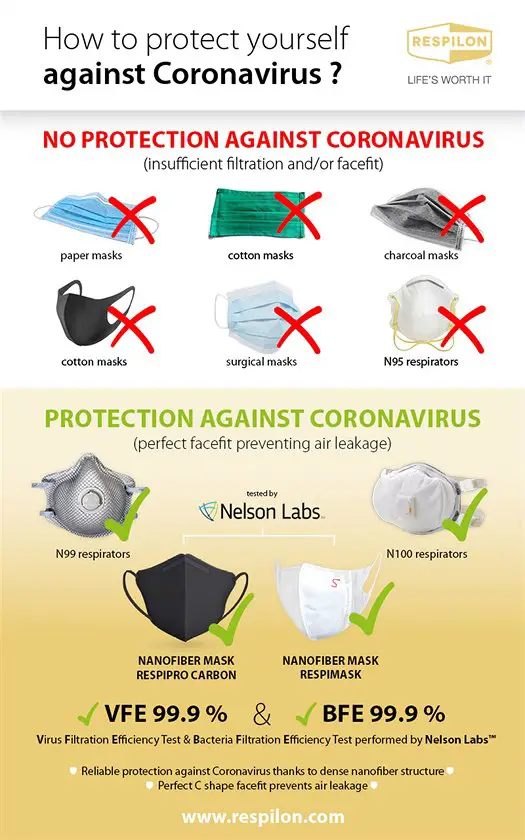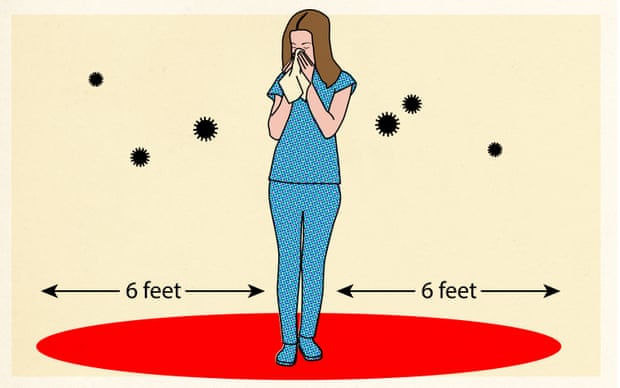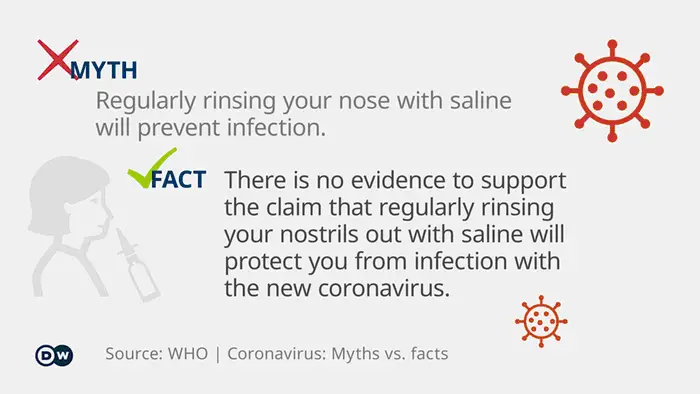The Centers for Disease Control and Prevention is telling Americans that they should be prepared for the possibility of a COVID-19 outbreak in their community.

But what does preparedness look like in practice? The short answer: Don’t panic — but do prepare.
Prepare the essentials
Runs on masks have already occurred in many countries, but factories are revving up to meet demand. Buy masks, hand sanitizer, bleach, and gloves—as well as a month, minimum, of any vital household medications. (It’s not clear how much masks actually help outside, but appearing without one in a public space can draw the attention of authorities or public disapproval.) Stock up on painkillers and decongestants. Avoid medications that suppress the immune system, such as prednisone. Smoking and drinking worsen the chance of pneumonia developing; try to give them up as much as you can.
Which Masks Actually Protect Against Coronavirus?
There are two different types of masks: surgical masks and respirators. A surgical mask does not protect against “airborne” infectious agents so it will not prevent the wearer from being potentially contaminated by a virus such as the coronavirus. Respirators are divided into two categories: insulating and filtering. Filtering respirators consist of a facepiece and a filtering device. Sometimes the filter element is integrated into the facepiece. Depending on the type of filter, the mask will either be effective only against particles, only against certain gases and vapors, or against particles, gases and vapors.

In Europe, they must meet the European standard EN 149: 2001 which has three classes of disposable particulate respirators (FFP1, FFP2 and FFP3).
- FFP1 refers to the least filtering of the three masks with an aerosol filtration of at least 80% and leakage to the inside of maximum 22%. This mask is mainly used as a dust mask (home renovations and various types of work).
- FFP2 masks have a minimum of 94% filtration percentage and maximum 8% leakage to the inside. They are mainly used in construction, agriculture, and by healthcare professionals against influenza viruses. They are currently used for protection against the coronavirus.
- FFP3 masks are the most filtering mask of the FFPs. With a minimum filtration percentage of 99% and maximum 2% leakage to the inside, they protect against very fine particles such as asbestos.
You need to wear a FFP3 mask to fully protect yourself again the coronavirus
Face masks offer some protection as they block liquid droplets. However, they do not block smaller aerosol particles that can pass through the material of the mask. The masks also leave the eyes exposed and there is evidence that some viruses can infect a person through the eyes. This is why we recommend to wear a mask that covers your eyes as well.
It seems that the best option is to wear a full facepiece respirator with mounted replaceable FFP3 filters. After some search it seems that 3M and few other companies is offering such a product
You only need to make sure that the filters you buy are FFP3 certified, otherwise they will not protect you against viruses. Another advantege of FFP3 filters is that they also protect against nuclear particles.
If I don’t need a mask, how can I avoid getting sick?
- Avoid touching your eyes, nose and mouth
- Cover your cough or sneeze with a tissue and throw the tissue away
- Clean and disinfect frequently touched surfaces and objects
- Wash your hands often with soap and water
Germ management
Coronavirus infections are transmitted in the same way as many other respiratory illnesses.
The virus seems to spread through droplets in the air from a cough or sneeze. They can land in the mouth or nose of a person nearby — within six feet — or possibly be inhaled into the lungs.
Symptoms emerge within two to 14 days and can include fever, cough and shortness of breath
If you must cough or sneeze, don’t do it the old-fashioned way, by covering your mouth with your hands. That just leaves germs on your hands, and it’s a short step from there to other surfaces.
The best prevention against the coronavirus is still washing your hands
Soap and water are your best defenses against viruses, but hand sanitizer is an OK substitute if you don’t have access to either of those. Just pump a small glob of sanitizer on one hand and rub your hands together for about 20 seconds. Hand sanitizers won’t get rid of dirt, chemicals or a few types of germs, but they’re better than nothing.
Prepare financially
Small and medium-sized businesses in China are on the edge of collapse. And while firms have been paying out salaries—under pressure from the government—even to those who can’t work, many people in the gig economy have been out of luck. Start thinking now about what a month of no or reduced income would mean to you—and preparing to move as much of your work life online as possible. That goes double if your business depends on public spaces, especially restaurants.
Coronavirus: How can I protect myself from infection?
What concrete measures can individuals undertake to protect themselves and others from a droplet infection?
- Keep a distance of one to two meters from anyone who is infected.
- Wash your hands regularly and carefully (at least 20 seconds with soap, including the wrists).
- Avoid shaking hands and hugging people
- Develop self-protection reflexes: Press elevator buttons with your knuckle instead of your fingertip.
- Avoid busy places and events. Set priorities.
- Avoid touching your own face or the faces of friends and relatives.
- Do not touch the mucous membranes of your mouth, eyes and nose with your fingers.
- Put on gloves if necessary. Wash or change them daily.
- Do not sneeze in your hand. Use your elbow or a tissue instead.
- Dispose of used tissues quickly.
For families and households, they include:
- Meet with household members, other relatives, and friends to discuss what should be done if a pandemic occurs and what the needs of each person will be.
- Discuss ways to care for those at greater risk for serious complications, if the services they rely on aren’t available.
- If your neighborhood has a website or social media page, consider joining it to stay connected to neighbors, information, and resources.
- Identify organizations in your community that can offer assistance. Consider including organizations that provide mental health or counseling services, food, and other supplies.
- Create an emergency contact list. Ensure that your household has a current list of emergency contacts for family, friends, neighbors, carpool drivers, health care providers, teachers, employers, the local public health department, and other community resources.
- Plan to have extra supplies of important items on hand, such as soap, hand sanitizer, tissues, and disposable facemasks.
- Choose a room in your home that can be used to separate sick household members from those who are healthy. If possible, also choose a bathroom for the sick person to use. Plan to clean these rooms daily. Learn how to care for someone at home and how to clean a flu patient’s room.
- Prepare for possible school closures, identifying alternative childcare.
Are there places I should avoid?

What if I want more information?

Watch what you read
While the sr is spreading rapidly, so is misinformation about it. Popescu and other experts call this an “infodemic,” and it can be as harmful as any disease. Hoaxes, lies and junk science about the coronavirus have swirled online since the earliest cases were reported, mostly through social media.


